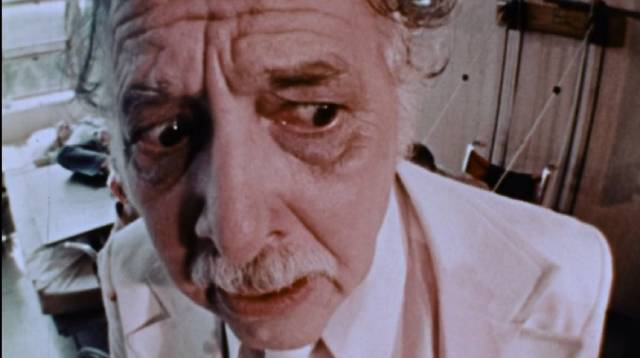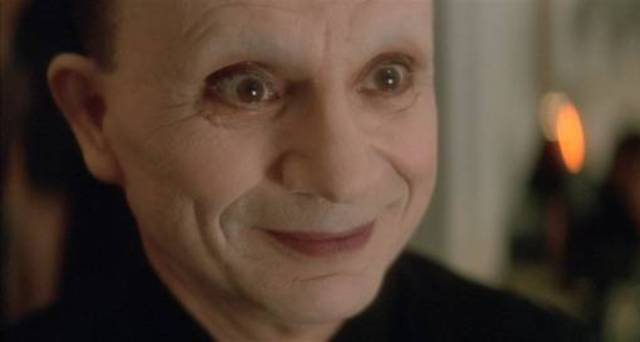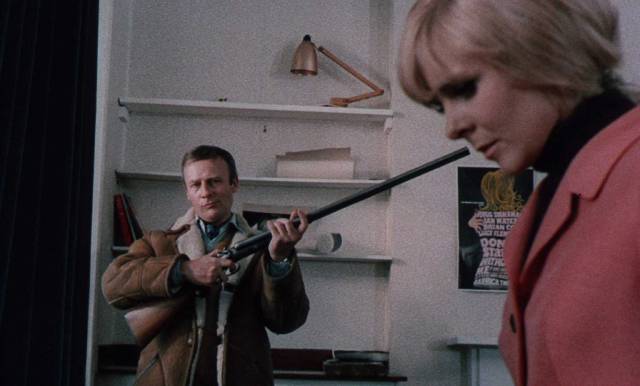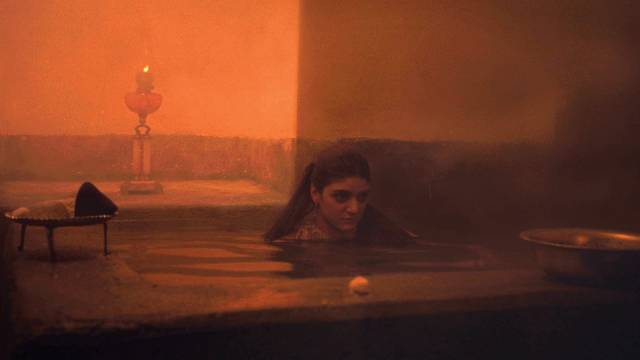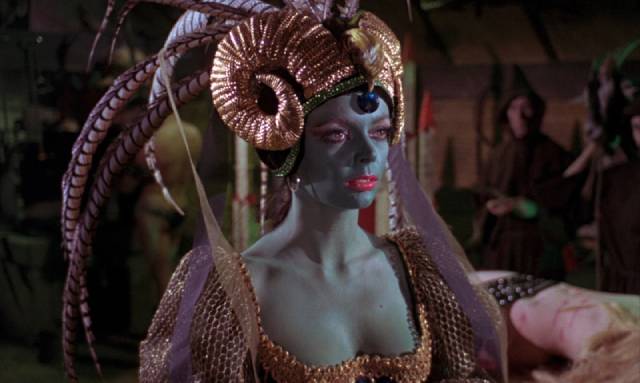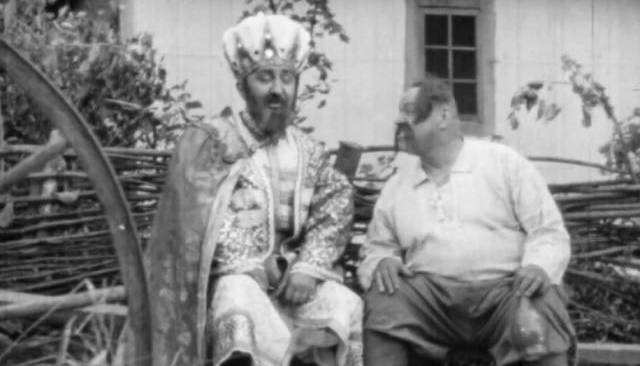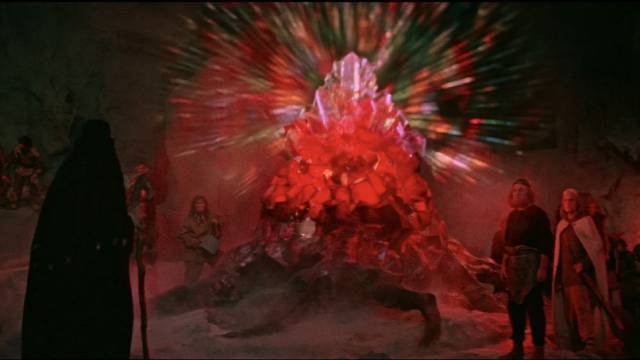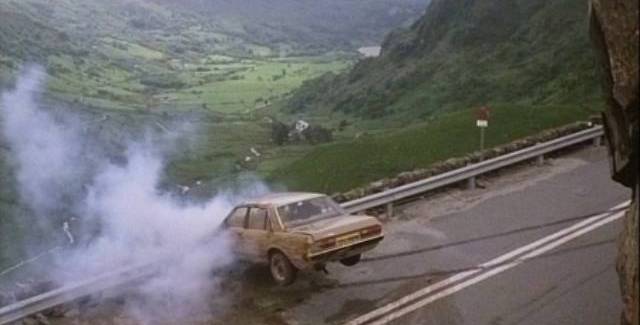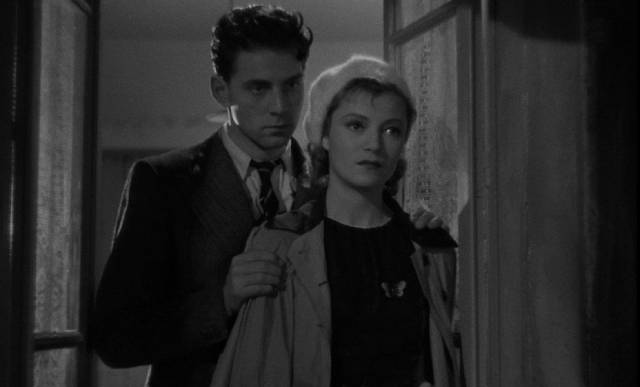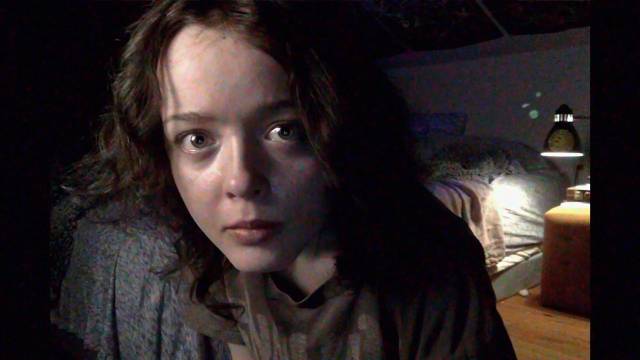
In addition to their own regular schedule of releases, Vinegar Syndrome serves as an umbrella for an eclectic (and seemingly ever-growing) collection of small labels, many of which specialize in titles so far out on the fringe that their appeal lies in their strangeness and sheer audacity — like Pathogen (2006), a zombie movie made by 12-year-old schoolgirl Emily Hagins, or Final Flesh (2009), an experiment in which copies of a script were sent to producers of on-demand fetish porn who were free to film Vernon Chatman’s absurd apocalyptic family drama however they saw fit. The latest batch I received includes these, plus a sordid made-in-Florida slice of exploitation called Satan’s Children (1975), the faux ’80s local TV broadcast WNUF Halloween Special (2013), and a pair of more polished movies closer to the mainstream: Out of Order (1984), a claustrophobic German thriller about four people trapped in an elevator, and We’re All Going to the World’s Fair (2021), about an isolated teenager seeking connection in a potentially dangerous on-line cult.
